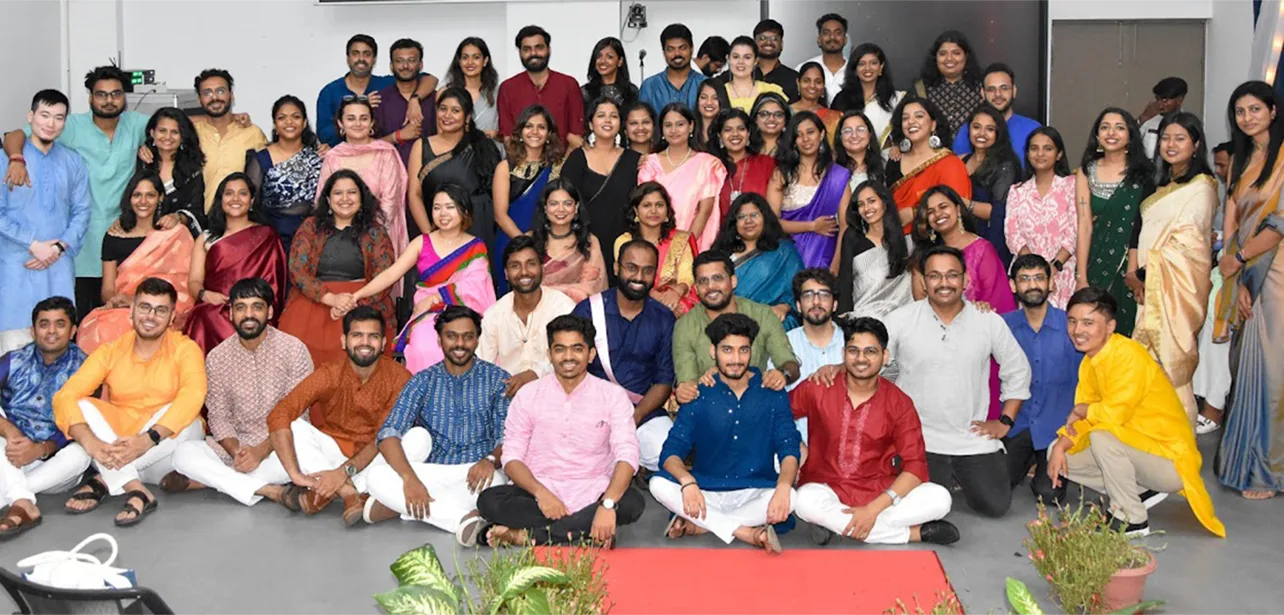The last 8-12 months have given me a fabulous opportunity to interact with a lot of young, bright individuals studying different streams in some of the best colleges in the country, working as fellows and staff in the many social fellowships being offered today and especially those who have applied to ISDM’s 11-month Post Graduate Program in Development Management.
I realized that a lot of such interactions ended with a common question from the participants on why they should really consider working in the development sector, almost hinting that it would be akin to a sacrifice if they were to do so! Responses to questions like this would at times almost become a sales effort to convince people to join this sector so very soon into this journey I decided to flip the format in these discussions. I would start by asking people why they wanted to work (if at all!) in the development sector. The answers were diverse, interesting and very enlightening:
The Country Needs Me: With a worldwide rank of 131 out of 188 countries on HDI, 97 out of 118 countries on the Global Hunger Index, 76 out of 168 countries on Corruption, 114 out of 132 countries in stunting amongst children aged less than five years etc. there is no doubt that our country needs the brightest people to solve these most complex problems. But this call to action from the nation to its citizens is true for millions of other people and does not answer the question of why that person should be you. Work in this sector requires the ability to be patient, to deal with immense ambiguity/complexity and to have the mindset of looking at change over a long term. For people to be able to last in this space and actually create sustainable change, the reasons to be here need to be more personal and internal!
Personal Guilt: “I have got so much in life, I should give back to society as well”. Seemingly a good enough reason and for many it lays the foundations of being a good human being – at least you don’t have the sense of entitlement that a lot of people live with! While this reason can work from a philanthropy/charity standpoint (because it’s the easiest and most non-invasive form of giving back), this logic might break down in the face of adversity and challenges while working full-time in this sector. At some point, people tend to fall back on the realization that the “Ovarian Lottery” which has resulted in them being born in favourable circumstances is really not their fault and is nothing they should feel guilty about!
Also Read: My journey from the IIM’s to the development sector
Social Power: The term “Giving Back” has a certain inherent hierarchy to it – There is a giver and there is a receiver. As for everything else in this world, the giver is always bigger than the receiver! This is the attitude that most funding and aid agencies have towards implementation organisations. If this is the reason one wants to work in this sector then at some point or the other it will lead to personal arrogance. The question one needs to ask oneself is have the people we are trying to give back to really reached out to us individually for help? Or was it our choice to do something for them?

Personal Happiness and Satisfaction: In my experience, the only sustainable reason to work in this sector is that it does something for you as an individual – it gives you satisfaction or a sense of happiness that you were struggling to find elsewhere. The reason therefore is selfish and has a lot to do with benefiting yourself rather than others. This has an eerie similarity to Adam Smith’s concept of self-interest (of course used in a very different context!)
Given the magnitude of social issues facing our country, we definitely need bright, passionate, empathetic individuals to take a deep dive into understanding these problems and devote themselves to solving them. Insights into the self to understand the reasons behind doing the same would go a long way in ensuring longevity, effectiveness and personal happiness.
FAQs
Why do you want to work in the social development sector?
People choose the social development sector for diverse reasons: a sense of personal fulfillment, a desire to contribute to solving societal problems, or feeling a moral responsibility due to their advantag
What opportunities are available in the development sector?
Opportunities in the development sector vary widely, ranging from roles in nonprofit organizations, NGOs, international agencies, government initiatives, to social enterprises. These opportunities cover fields like healthcare, education, poverty alleviation, environmental sustainability, and more.
What do you mean by development sector?
The development sector encompasses organizations and initiatives dedicated to addressing social issues such as poverty, inequality, education, healthcare, environmental sustainability, and community development. It involves efforts to bring about positive social change and improve the well-being of communities and individuals.
What is impact in the development sector?
Impact in the development sector is measured by the positive changes brought about in society, whether it’s improved access to education, healthcare advancements or enhanced livelihoods for marginalized communities. It focuses on creating sustainable, long-term changes that benefit society as a whole.




